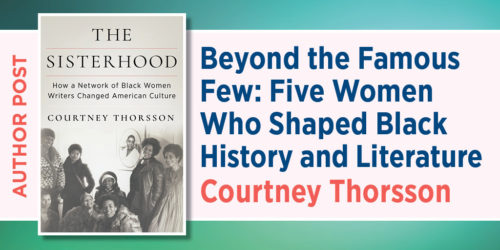Believing in Tiger Woods — Mark Hulsether in Religion Dispatches

With seemingly everyone in the world weighing in on Tiger Woods, we thought we would add a new perspective via Mark Hulsether, professor of Religious Studies and American Studies at the University of Tennessee and author of Religion, Culture and Politics in the Twentieth Century United States.
In a piece recently written for Religion Dispatches, Hulsether explores Tiger Woods’s recent public apology through the perspective of a religious studies scholar. Upon being asked by a reporter to comment on Woods’s public apology, Hulsether wondered about what is meant by “public,” and whether there might be several publics to whom these types of confessions are addressed. Hulsether writes:
I’m not sure what to make of the idea that there is a stable discourse community (“civic/secular society”) in relation to which Woods can safely be understood to be speaking. Or, if there is any such “we,” constituting a community in front of which Woods was repenting, then I get confused about who “we” are, exactly. Are “we” the public to which the golf industry sells things?… Are “we” some broad and amorphous public (all English speakers who watch television?) or a narrower subset that [Brit] Hume seemed to be addressing when he pressed Woods to repent in Christian rather than Buddhist ways?
Noting Wood’s discussion of Buddhism, which Hulsether viewed as a kind of “Buddhism meets sex-addiction therapy,” he writes:
In the face of pressure to downplay Buddhism, Woods did speak about returning to Buddhist values. Whether or not we find his brief words profound, either by the standards of exemplary Buddhism or by a more debased standard of television, it remains interesting that he spoke them…. Can we speak without distortion about an umbrella category of “repentance” encompassing Swaggart’s Pentecostal version and Woods’ Buddhism-meets-sex-addiction-therapy version? Perhaps so, perhaps not.
Finally, Hulsether also examines the Woods saga in terms of how sports stars become mythic heroes in our society. This leads Hulsether to examine how Woods balances sometimes competing expectations of being both an athlete and a bourgeois family model suitable as both a role model and a worthy corporate sponsor.
1 Response
Leave a Reply
You must be logged in to post a comment.





his favrite food was pie